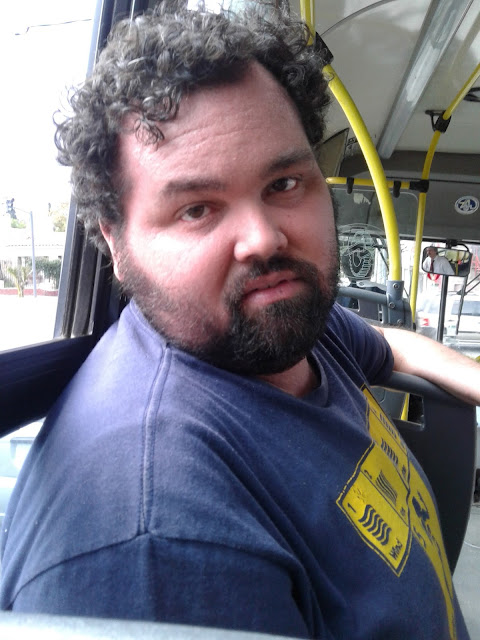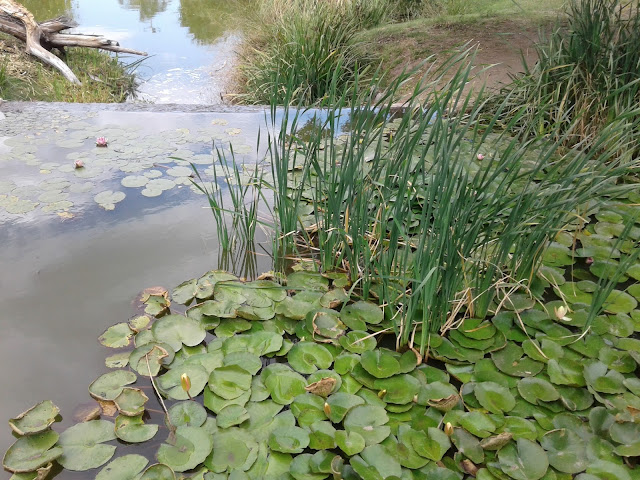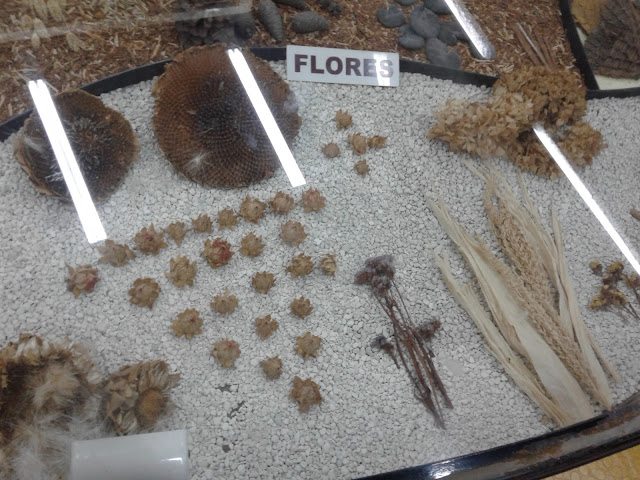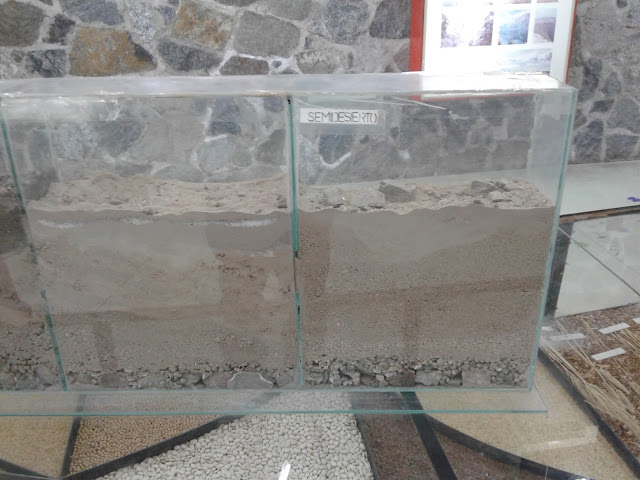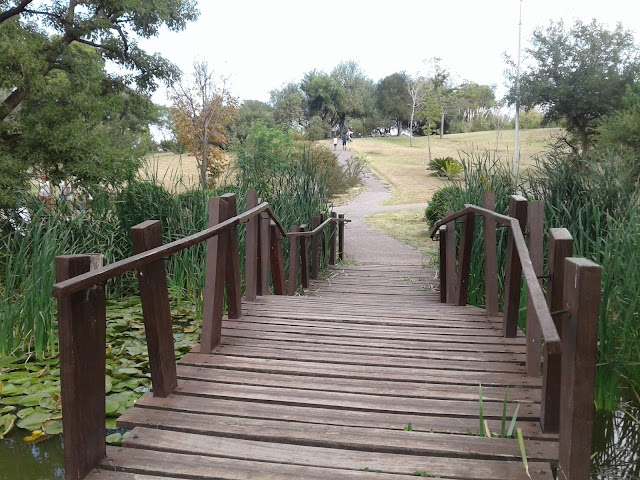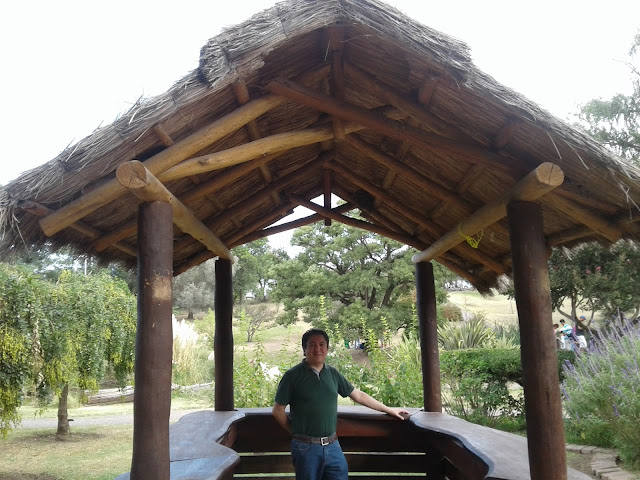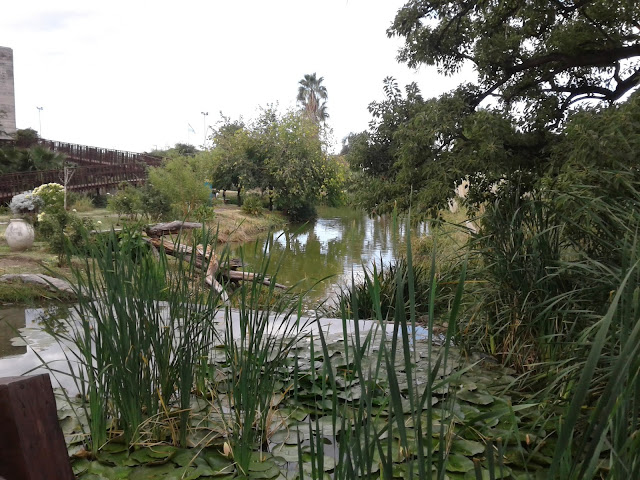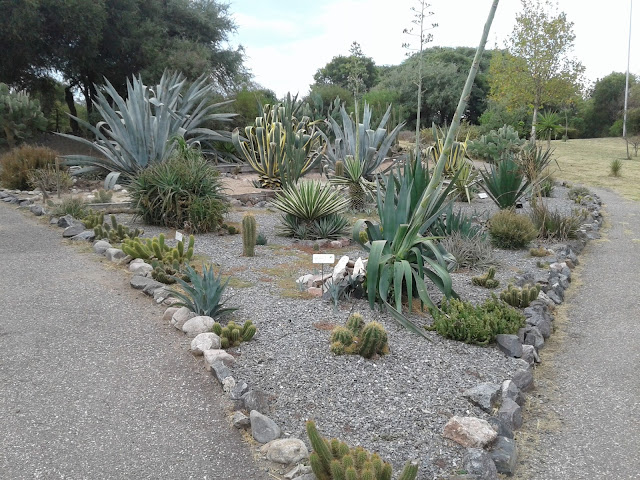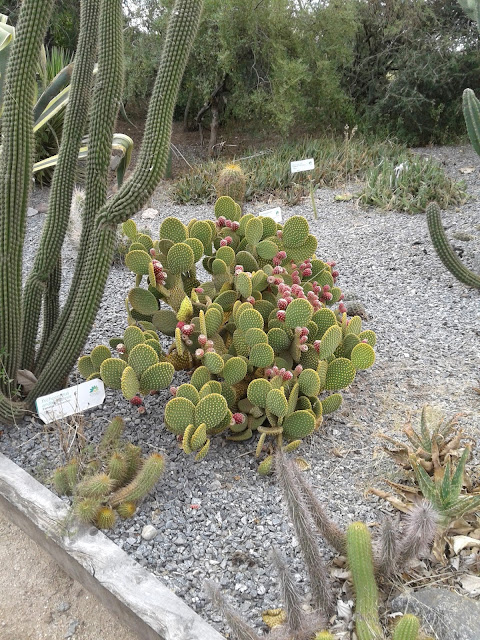If you're moving to Argentina, finding a place to stay will be one of your first priorities. Since some of my blog followers have asked for the lowdown on renting apartments, Airbnbs, and hostels, I’ve gathered as much information as possible, along with some websites that might help you in your search for temporary lodging. Here’s what you need to know about renting property in Argentina.
Rental Contracts
On average, renting an apartment or home in Argentina requires a minimum two-year contract. You’ll also need to meet income requirements, and you might be asked to provide three guarantors. These can include people or properties you own that serve as collateral in case you can’t pay.
Legal Help
Some people recommend hiring a lawyer to navigate the paperwork, but in many cases, it’s not worth it. Unfortunately, many Argentine lawyers are unreliable or charge exorbitant, unnecessary fees, especially if you’re a foreigner. A better option is to work with a certified public accountant (contador público) who can notarize and legalize your documents.
Agency Fees
When renting through an agency (known as an inmobiliaria, or realtor), you’ll need to pay a 5% commission on the total contract value. If you decide to renew your lease for another two years, you’ll have to pay this fee again.
Additional Costs
Your monthly rent doesn’t include provincial and federal taxes or building maintenance fees (expensas). You’re also responsible for paying utility bills like water and electricity, which landlords rarely cover. Additionally, you’ll likely pay a painting fee when you move out, even if the property is in perfect condition.
Be prepared for a 12.5% rent increase every six months, as this is standard practice and written into most contracts. It’s legal, and there’s no way around it.
Appliances and Amenities
In the U.S., appliances like stoves and refrigerators are typically included in rentals. Don’t expect this in Argentina—you’ll need to buy your own. While it’s inconvenient, it’s a common practice here.
Updated in 2024: Renting Trends
As of 2024, the rental landscape in Argentina has shifted due to inflation and economic challenges. The Argentine peso continues to devalue, which means rents listed in pesos might seem low to foreigners paying in dollars. However, local landlords increasingly demand payment in U.S. dollars or link rent prices to the unofficial exchange rate (dólar blue), so negotiate carefully.
The government has introduced new rental laws, including updates to the Rental Law (Ley de Alquileres), which extend contracts to three years and limit rent increases to once a year based on an inflation-linked index. While these rules are designed to protect tenants, enforcement is inconsistent.
Short-term rental platforms like Airbnb are now subject to higher fees and taxes, driving up costs slightly. If you’re staying for a few months, consider negotiating directly with landlords for better deals.
Temporary Housing Options
If you’re not planning to stay long-term, consider using Airbnb, which can cost between $600 and $1,000 USD per month depending on the location and amenities.
Long-term rentals are listed on websites like Re/Max, which covers multiple provinces, including Córdoba and Buenos Aires.
I've screencapped some of the costs of apartments and homes that you can rent. So check out the prices and then go to their site, which provides listings for other provinces besides Cordoba, like Buenos Aires.
Hostels and Short Stays
For shorter stays, hostelworld.com is a great resource. It provides reviews, amenities, and price comparisons for hostels across Argentina.



Maintenance Issues
One of the biggest frustrations for renters is getting landlords to fix problems. Typically, you’ll need to report issues (like leaks, broken faucets, or mold) to the realtor, who will pass them on to the landlord. Unfortunately, repairs can take weeks or even months—or they may never happen. Legal action is slow and rarely worth pursuing, so be prepared to handle minor fixes yourself.
Dealing with Mold
Mold is a common issue in Argentine homes, especially during the winter months (June through August). While black mold is a serious health concern in the U.S., it’s often ignored here. If your landlord won’t address it, you’ll need to handle it yourself.
We’ve found that diluted vinegar works well to clean mold and prevent regrowth. Bleach can also be effective, but the mold often returns within a month. Staying proactive during winter is key to keeping mold at bay.
I hope this covers the basics of renting in Argentina. If you have any questions, feel free to ask—I’ll do my best to help!

